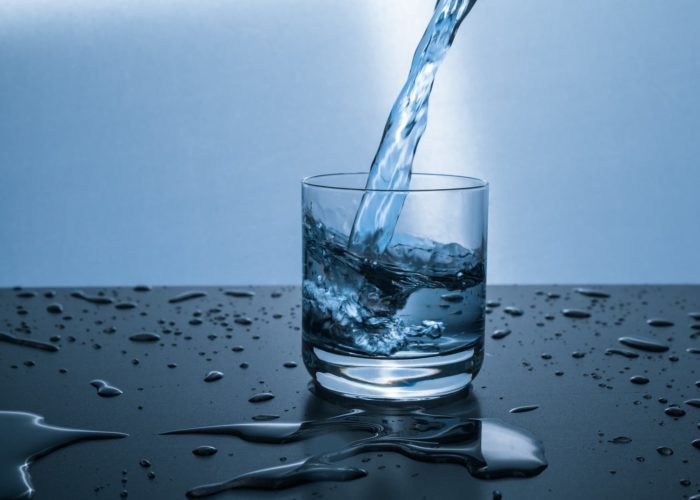Addiction recovery goes hand in hand with proper nutrition. If you have been an addict or had a loved one suffering from addiction, then you already know that dealing with addiction isn’t a walk in the park. It is particularly so because of relapse durations as well as withdrawal symptoms associated with the process. Some addicts also tend to engage in bad eating habits as a means of distracting themselves from their addiction and cravings. With addiction, a person either fails to eat, feed poorly or binge eats due to an insatiable appetite. It calls for proper research on addiction as alcohol addiction alone claims around 88,000 lives yearly. Breaking free calls for a critical approach as well as dedication.
Below are some of the ways that nutrition helps in addiction recovery:
1. Healing and Nourishing

Substance abuse leads to vitamin and mineral deficiencies, thereby threatening the physical and mental health of a person while damaging vital organs as well as the nervous system. Also, it lowers your immunity. Feed such a person a balanced diet with appropriate calories to avoid weight gain and exposure to infections. A diet that is rich in antioxidant vitamins is effective in boosting immunity. Additionally, mushrooms such as reishi may influence the immune function and stimulate the production of chemicals that enable your body to respond to infections appropriately. You can learn more online like the benefits of Lions Mane Performance, and so much more. To curb inflammation caused by alcohol or cocaine, use the traditional chicken soup as it reduces inflammation.
2. Influencing the overall mood and emotional state of a person
Substance abuse and poor nutrition alter amino acid absorption and utilization in the body, which decreases neurotransmitters. This puts addicts in a state of depression and agitation. From our basic science, we understand that carbohydrates are the primary sources of energy in the body. Lack of carbohydrates impairs the body’s functions as the blood sugar levels become unstable and the neurotransmitters disrupted. Low blood sugar can create feelings of irritability, nervousness, and impatience.
Also, carbohydrates boost the production of Serotonin. It influences the brain cells related to mood regulation, appetite, sleep, as well as other social behavior. Low serotonin levels may lead to sleep problems, depression, and irritability.
Also, amino acids are the foundations of neurotransmitters. Amino acids are the building blocks of proteins. Low levels of neurotransmitters such as dopamine can give a person cravings for other substances. Dopamine and Serotonin are essential during addiction recovery. Dopamine consists of amino acid tyrosine. Serotonin, on the other hand, is made from tryptophan. The lack of either of these amino acids in the body disrupts the involved neurotransmitter, thereby affecting mood and the desire for alcohol and other drugs. Taurine, which is also an amino acid, is prescribed to alcoholic patients together with prescribed medications to help promote recovery after detoxification. This is because it promotes healing after alcohol abuse.
Consumption of omega-3-fatty acids helps in the management of depression. This is because it assists in the uptake of neurotransmitters and reducing inflammation. Striking a balance between omega-3 and omega-3 fatty acids boosts the functioning of the neurotransmitters. Supplements containing these fatty acids reduce anxiety in people with substance abuse.
3. Reducing cravings
Feelings of anxiety and irritability are among the triggers of cravings. These may be due to poor eating habits which increase the frequency of relapses. Encouraging recovering addicts to take balanced meals at set times reduces the chances of relapses. The moment you detox your body from drugs or alcohol, it undergoes drastic changes. These changes are evident in many as constant hunger. The problem with these cravings is that they are mostly for sugary substances. Sugar affects the brain’s dopamine levels. These cravings mean that addicts can easily switch from one addiction to the other as it soon turns to an addictive cycle. Foods rich in proteins and nutrients help control these cravings.
However, during recovery, most patients have trouble sorting the cravings they experience as either for drugs or emotions. Therefore, they may quickly sort to switch to sweets to compensate for their drug dependency.
4. Hydration in addiction recovery

Water is vital to one’s health. It lubricates joints, protects inner body parts as well as help in the absorption of other nutrients. In addition, it prevents constipation. Besides, water releases toxic substances from the body through the urinary system, sweating, and respiration. In our early stages of recovery, our bodies are looking for means of reconnecting and reconfiguring their operating systems. Also, we are functioning at very-low-frequency energy-wise as our organs, transmitters, and cells look for ways to start healing. Water will enable the addict to at least resist cravings and dehydration, which may cause dizziness and confusion.
Conclusion
Breaking free and staying clean is a process i.e., it will take time and much importantly use resources. Support your loved one through this journey by lowering your expectations that they will stop being an addict in no time. Also, ensure you feed them properly because as some put it, “you are what you eat.” An appropriate and friendly environment to guide them through the recovery journey is a rehabilitation center. Research more about Clean rehabilitation centers that offer intensive recovery care to addicts.


